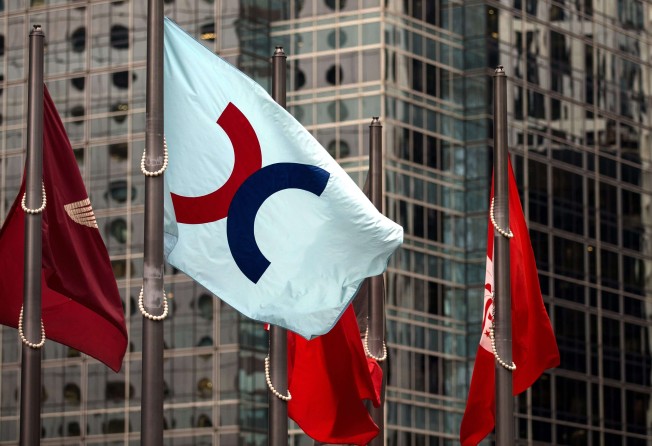
Reform is needed when half of Hong Kong listings in a year turn out to be of dubious quality
Opponents of regulatory reform proclaim nothing is broken, but a study of 91 listed firms from 2014 proves otherwise

There is nothing about Hong Kong’s listing regime that needs fixing. Key opponents to the city’s proposed regulatory reforms have been singing this line in almost every press interview and public forum.
Is is true? Money Matters took a look at all the 91 companies listed on the main board in 2014 and their life after listing. That is a much celebrated year for both the Hong Kong Exchange as well as sponsors given the record-making number of listing.
The result is not comforting at all.
Of them, 12 sold a controlling interest within 18 months of listing. Since the rules allow a change in control only after a year of listing, it would be fair to say that most of them have been listed mainly to be sold for a handsome gain of no less than HK$600 million each.
A classic example is Magnum Entertainment which was listed to raise money to renovate its three nightclubs. On the anniversary of its listing, Magnum’s owner sold the control to a mainland air-conditioning manufacturer. The latter closed down the clubs after a few months of their re-opening, claiming bad business.
This number counts only the cases of official change in control but not those that saw a change in chairman, executive directors, chief financial officers as well as auditors.
It would not be too surprising to see many of them eventually being sold to mainland firms that found the A share listing queue too long.
A good contrast to these zero traders are the active trading of four issuers, whose public floats were quickly sucked up by a handful of investors after some spectacular initial performance within months of their listing, justifying a warning from the Securities and Future Commission (SFC).
Then there are four cases of prolonged suspension. Retailer Nuoqi’s chairman disappeared within six months of its listing. Tianhe Chemical has yet to clean up account queries by short-sellers. Children’s clothing manufacturer Miko International has failed to provide any account documents to its auditor for its first post-IPO audit. Paper manufacturer Changgang Dunxin was suspended over unspecified irregularity of its shares.
That adds up to 38 cases, or 41 per cent, that can hardly be defined as quality listings. If one excludes the 14 state-owned enterprises or issuers from heavily regulated industries which posed little challenge to any regulator; the percentage goes up to 49 per cent.
Members of the Listing Committee that currently do the vetting will argue that it is not their job to pick winners, only to make sure all the risks are fully disclosed to investors. In short, buyer beware.
But that is fair only if one can read the toxic warning label on the jar.
What the numbers and cases illustrate is that the current listing regime is not as good as some proclaim
The prospectus for Bank of Jinzhou, which earned a profit of 2.1 billion yuan in 2014, said a 9.4 billion yuan loan to a “listed company” was turning doubtful. It did not disclose that the “listed company” was in fact Hanergy Thin Film Power, which is under investigation by the SFC and has had its trading suspended.
The prospectus for Hang Fat Ginseng said “it was not subject to the regulations” of mainland China in the trading of Ginseng because they sold to mainland-based customers; all such transactions were completed in Hong Kong and all formalities were handled by the customers.
Yet, it did not disclose that Hang Fat’s sales to China over the years exceeded the amount of licensed imports recorded by China. So how did Hang Fat’s ginseng get in?
This list of such cases goes on and on.
What the numbers and cases illustrate is that the current listing regime is not as good as some proclaim. Whether the proposed reform to give the SFC an earlier and bigger say is the right medicine can be subject to debate.
However, the status quo is not right.